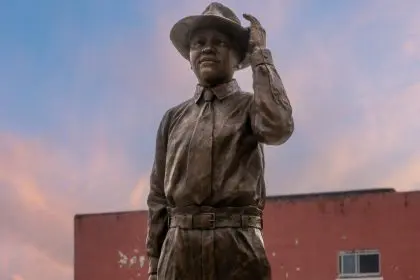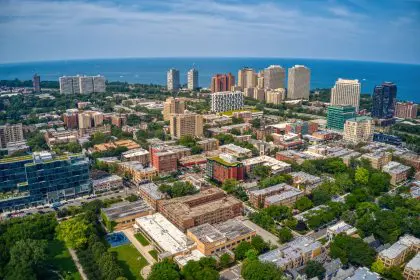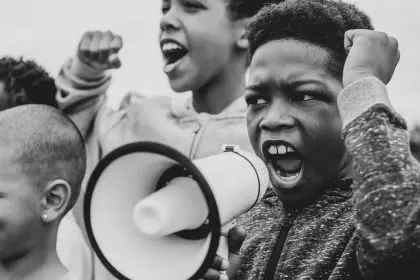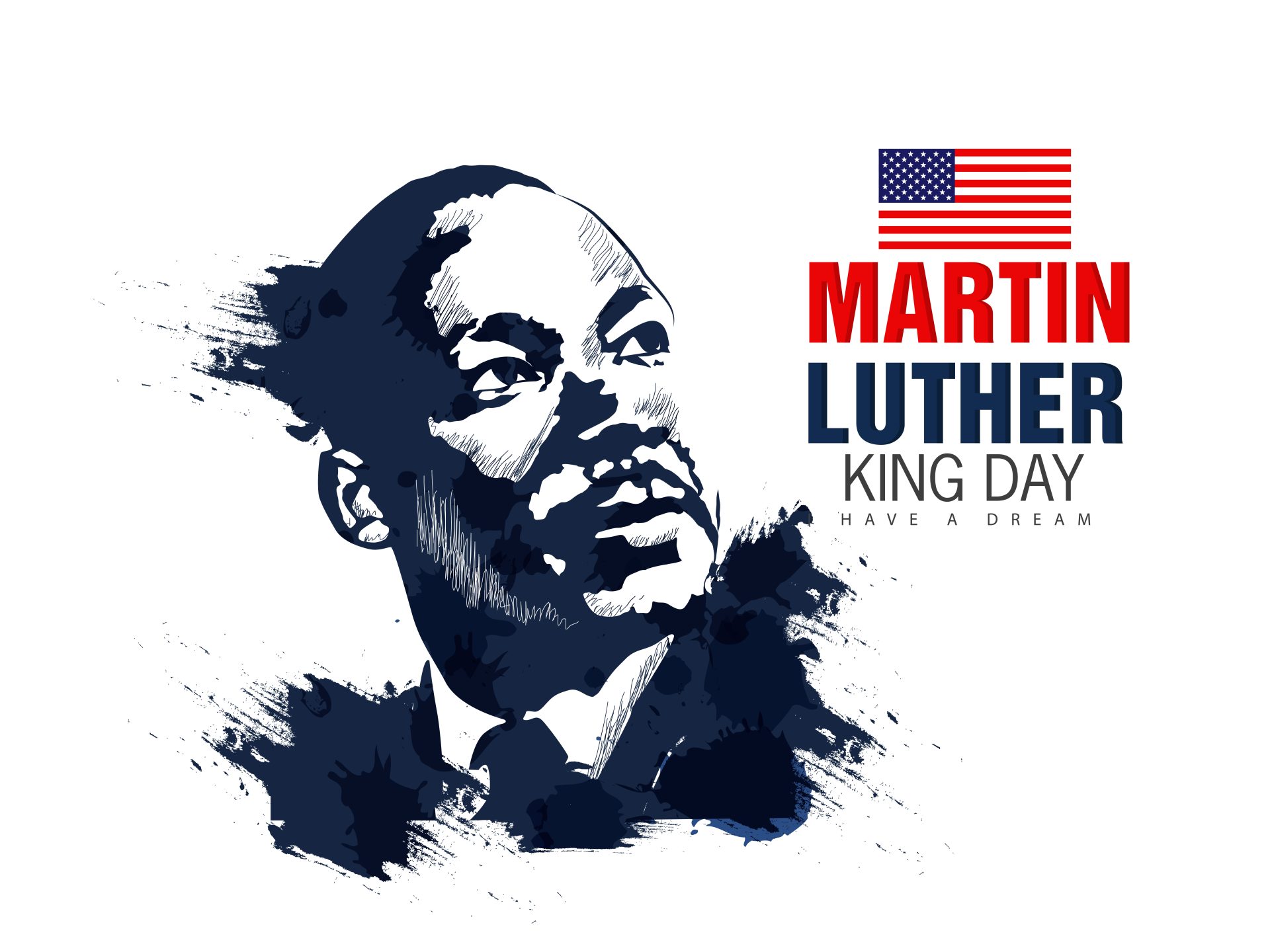
My grandfather, Levi Benjamin Daniels, lived by a strict set of rules that I became aware of on a ninety-degree summer day in Delray Beach, Florida. We were standing outside the local Winn Dixie grocery store when I noticed a man selling watermelon slices for a dollar. A number of people entering and exiting the store stopped to purchase a cold slice. I asked my grandfather if I could buy a slice. His reply was a resounding “No!” as we marched quickly into Winn Dixie past the line of patrons devouring watermelon. On the ride home, my grandfather shared two of his life rules with me: never eat fried chicken or watermelon in front of white folks. As a 6-year-old, I did not understand why. I understood why I had to wipe my shoes off before going into the house. I understood why I had to wash my hands before eating. And, I understood why I had to lift the toilet seat before doing #1. I admit that, as a child, my grandfather’s rules often seemed weird and pointless to me.
My grandfather was born and raised colored in the latter part of the nineteenth century in Fitzgerald, Georgia. He experienced the type of racism that I would only see in movies or read about in history books. One of the ways my grandfather attempted to maintain his dignity and self-respect, in a society hell-bent on stripping him of it, was to live his life by a set of rules that did not validate society’s stereotypes of Black people. He would arrive nearly an hour before appointments, all adults he encountered were addressed as “Mr.” or “Mrs.,” and he expected the same in return. Levi Benjamin Daniels also read the newspaper every day.
When I share these stories with African Americans of my generation, many of them have similar anecdotes of how their grandparents and great-grandparents carried themselves in a similar manner. That generation, the pre-Civil Rights generation, lived their lives by a code that expressed community pride for the exploits of Jackie Robinson and collective disdain for the antics of Amos and Andy. It was that generation’s continued vigilance about reclaiming and redefining the Black image that gave rise to the Harlem Renaissance and nurtured the transforming resilience needed to survive the Civil Rights era.
Generations of poverty and racism have created a self-destructive individualism that dismisses the importance of community. This “every man for himself mentality” has us worshiping in Black churches led by money hustling prosperity pastors and accepting the gospel of color blindness preached by White liberals. And in the past fifty years, no two groups have failed the Black community more often. Instead of waiting for heavenly intervention or the election of another Clinton, we must believe and accept the responsibility of resuscitating our community.
When I came home from the store with my grandfather, I asked my Mom about his rules. She told me that everybody lives by rules and those were his. Then she asked me, “Son, what rules do you live by?”
















